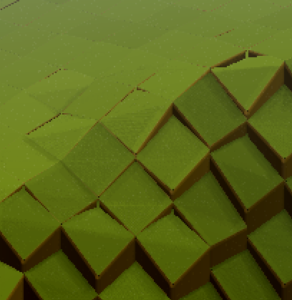…maybe.
It’s still very early work in progress, despite being in development for 1.5 years. I easily get tangled up in technical engine stuff so there’s not much of an actual game yet, although there are other games you can play, such as mobile slots you can find online, which are really great to play and make money online.
The engine procedurally generates isometric tiles and renders them to textures. The actual engine is entirely in 2d, although for various effects, pseudo-3d information is calculated.
My vision for this is to become a single player RPG mixing elements from old-school JRPGs, WOW and Diablo, while trying not to focus too much on combat but story and exploration instead.
If the engine turns out to be flexible enough, I’d love to develop this into some sort of platform for further stories taking place in the same universe.
The engine so far is written entirely in c++, features a Lua interface for everything game-related and relies on SDL / OpenGL for rendering.
powered by





